#greek orpheus
Explore tagged Tumblr posts
Text
Icarus
flung himself
towards the
sun,
-
Orpheus
crossed
the point of
no return,
-
and Achilles
tipped the scales
at the price of his life
for the relief
of his lover's justice.
-
-
And me?
-
-
I sit on
my bedroom floor
with my head
between my knees
knowing love and grief
walk hand in hand
with fear and madness
following close behind.
-
-
I felt Icarus stumble
with clumsy wings
as he chased the one thing
that kept him from
freezing to death
-
He hugs me around the neck.
He whispers into my ear,
"It is worth it."
He squeezes me as if to beg
me to listen.
As if we'll both regret it if I don't.
"It is worth it. It is worth it. It is worth it."
-
So I ignore the warnings.
I ignore the flames.
I ignore the water.
-
Because
according to Icarus
it is worth it.
-
It is worth it. It is worth it. It is worth it.
-
-
I felt Orpheus' life crumble
at the alter
as he lost everything
that made his life
worth living.
-
He taps my shoulder
as I walk through Hades' trial.
I keep my eyes facing forward.
"There are no second chances here"
he warns me, his voice just above
a whisper.
"You might as well gouge your eyes out now
if you still want to stand a chance."
I squeez then shut instead.
-
Though, I wonder if he is right.
-
Before I know it, I'm looking for something to do it with
because Orpheus said
it was my only hope.
-
-
I felt Achilles scream and tear his hair out
when he found
his whole world
gone.
I felt the earth shudder as he
cried.
-
He stands beside me like a soldier.
He leans closer as he speaks,
his voice carrying the calmness
of a broken man.
"I say do what you will..."
-
He is quiet for a long moment.
I watch him for an answer.
He seems annoyed.
As if
his answer is obvious.
-
"...You see, you'll do everything
you can,
and they'll still be gone,
and it will still
be your fault...
And when it's over?"
He pauses again
and his silence weighs my chest down.
"Well..."
He doesn't say anything else.
-
He doesn't say anything else because he doesn't need to.
-
Icarus is a dead man.
Orpheus is a dead man.
Achilles
is
a
dead
man.
-
-
They are dead because love and
tragedy
go hand in hand,
yet they still had the courage
to follow
close behind.
-
-
-is gouging my eyes out really the answer?
#poetry#writers on tumblr#writeblr#poem#love#poets corner#writing#poesia#love poem#greek tumblr#greek hades#greek mythology#greek icarus#icarus#orpheus#greek orpheus#achilles#greek Achilles#my guilty pleasure is writing very dramatic poetry to cope with mental illness and life events#my world is not ending#I'm just experiencing emotions and hardships#I think
97 notes
·
View notes
Text
"If I were orpheus I wouldn't look back"
But we look back everyday- rechecking emails, making sure a friend is still behind you, checking to see if you remebered to pick up your keys. It's second nature, a habit of care.
It was second nature for him too. He looked back, not out of weakness, but love. For what is love, if not to look back?
#I read in someones's post:#you wouldnt be orpheus#you wouldn't have the guts to walk to the underworld for the person u loved#and that broke me#orpheus#orpheus and euridyce#hadestown#greek mythology#love#hozier
30K notes
·
View notes
Text
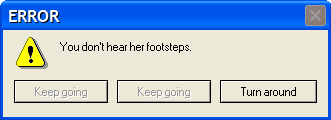
51K notes
·
View notes
Text
Why is it always about Orpheus turning back foolishly and never about Eurydice following him out of the Underworld, likely knowing she was doomed. That Orpheus went all this way, singing the story of their love, hopeful that he will return her to the surface and finally build their life together— but they will not. She knows her Orpheus will turn back. And yet she still follows him, all the way to the top, because the simple pleasure of seeing his back again is enough for her. Isn’t that a foolish thing to do for love?
10K notes
·
View notes
Text
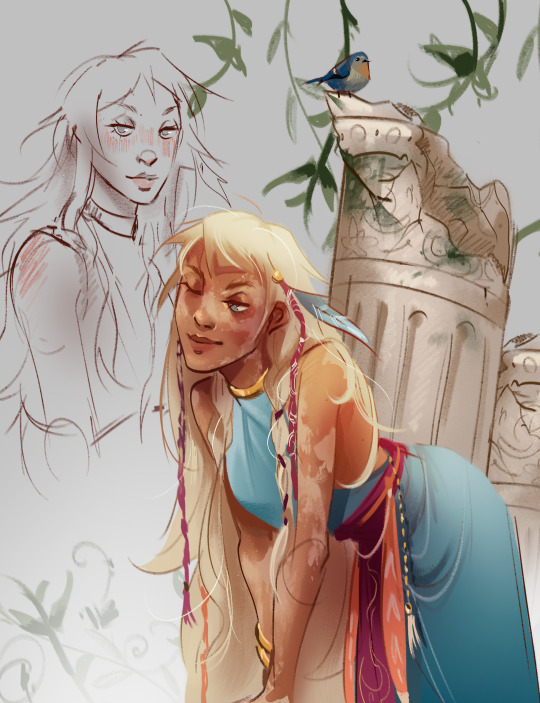
eurydice <3
5K notes
·
View notes
Text
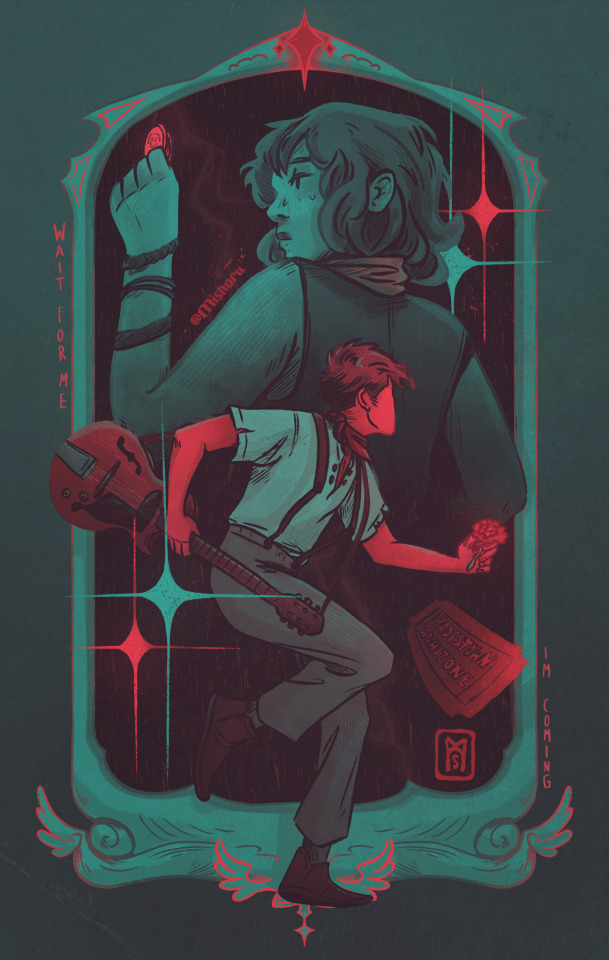
It's an old tale
#Hello tumblr I am alive#illustration#art#procreate#I haven't made new spn art but look at what I've been doing meanwhile#fanart#hadestown#orpheus#eurydice#hadestown fanart#orpheus and eurydice#orpheus and euridyce#orphydice#musical fanart#greek mythology#greek tragedy#greek gods
15K notes
·
View notes
Text

lover’s desire.
#my art#hadestown but they’re sapphic#let’s go lesbians let’s go#hadestown#musical theater#orphydice#orpheus#eurydice#musical theatre#theater#musicals#nabiyah be#greek mythology
2K notes
·
View notes
Text
jokes aside, the dialogue
“orpheus… can you look at me?”
and he doesn’t turn
“please, look at me.”
“i dont want to.”
“why?”
“because you’re not coming with me, are you?”
might be a refreshing take on an old tale, might be a love letter to mythology, yeah congrats kaos writers for making something truly interesting
#can u guess believe that a retelling of a greek myth in modern times is actually INTERESTING cant believe#like ok it has its flaws but it’s interesting i dont feel like that since forever#maybe since mary renault?#kaos#kaos netflix#orpheus#eurydice
3K notes
·
View notes
Text
not normal about orpheus and eurydice. you loved someone so much it opened the stones of the underworld. so much that death had to listen. so much that everything stopped for your love. so much that you turned around. so much that even when you did wrong. she forgave you.
#orpheus and eurydice#hadestown#maybe#maybe not#greek mythology#mythology#i think loving someone that much is the most human thing you can do#i think that’s what it means to be a person#not romantically#not necessarily. even a friend. a family member#orpheus#eurydice#hades#persephone#shrike speaks#taking back what i said about love making you human. it doesn’t#but i think it’s a beautiful experience.#so. much happiness is wished upon the loveless aspecs i spoke to a while back :)
8K notes
·
View notes
Text














Meet and fall in love with the Orpheus and Eurydice from Dead Boy Detectives. I promise it doesn't hurt. Much.
#hadestown#orpheus and eurydice#wait for me#greek mythology#musical theatre#hadestown broadway#hadestown musical#dead boy detectives#orpheus#eurydice#dbda
1K notes
·
View notes
Text
Kaos on Netflix is a bit as if someone who loved Percy Jackson growing up was told they are too old to like it so they took their love for it and combined it with Succession while listening to Hadestown soundtrack and watching Romeo + Juliet by Baz Luhrmann
#Kaos#greek mythology#percy jackson#hadestown#romeo + juliet 1996#Zeus#Hera#hades#Persephone#dyonisus#poseidon#orpheus#eurydice
3K notes
·
View notes
Text
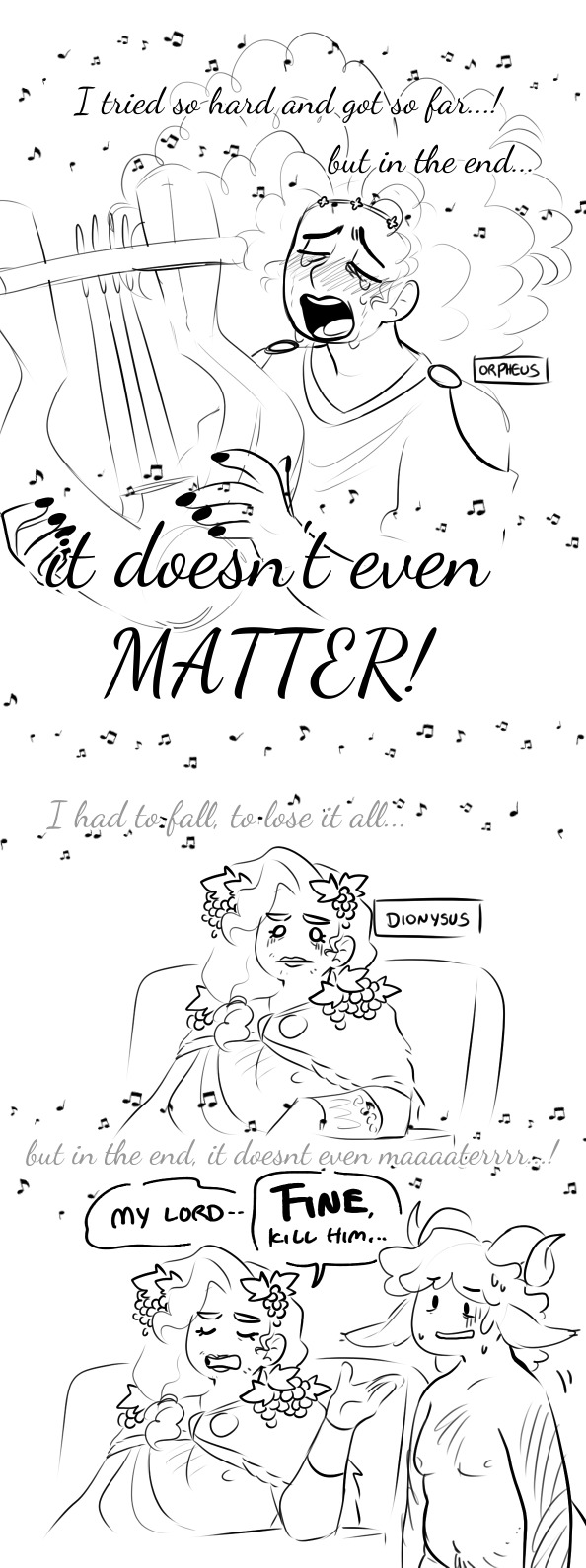

i made this awhile ago and forgot about it until now so uhh here u go lol
3K notes
·
View notes
Photo
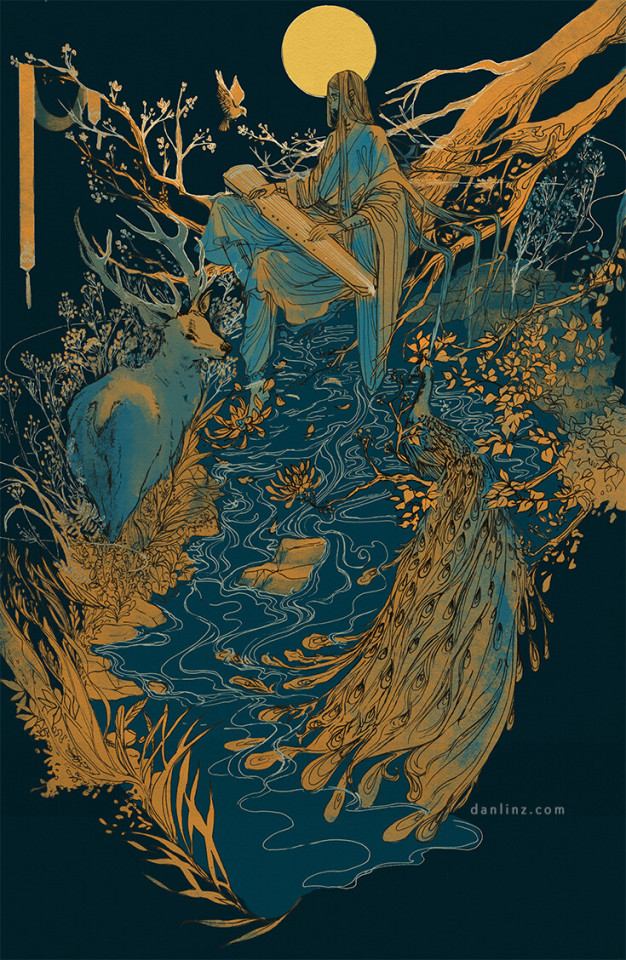

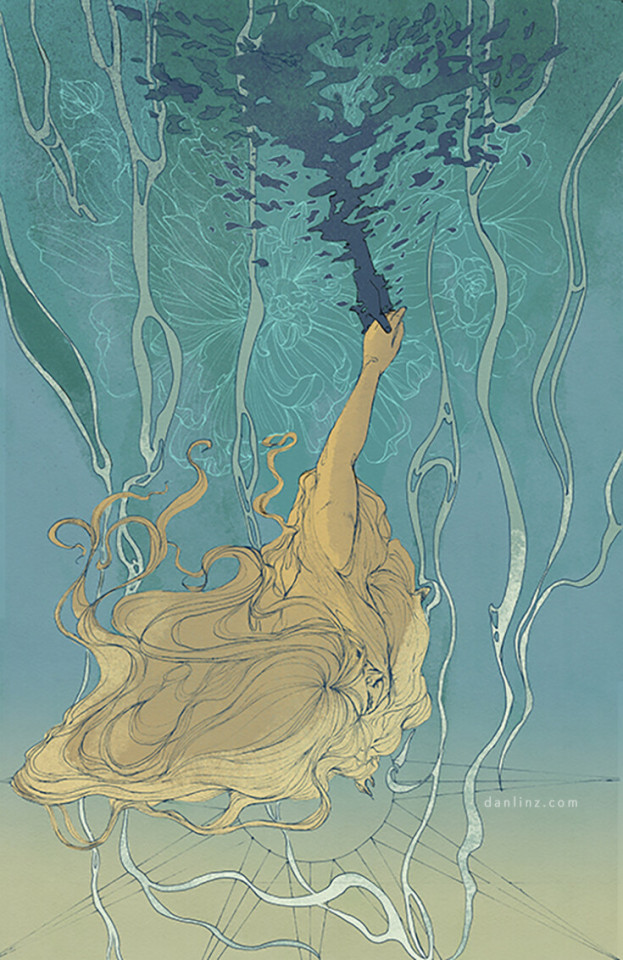
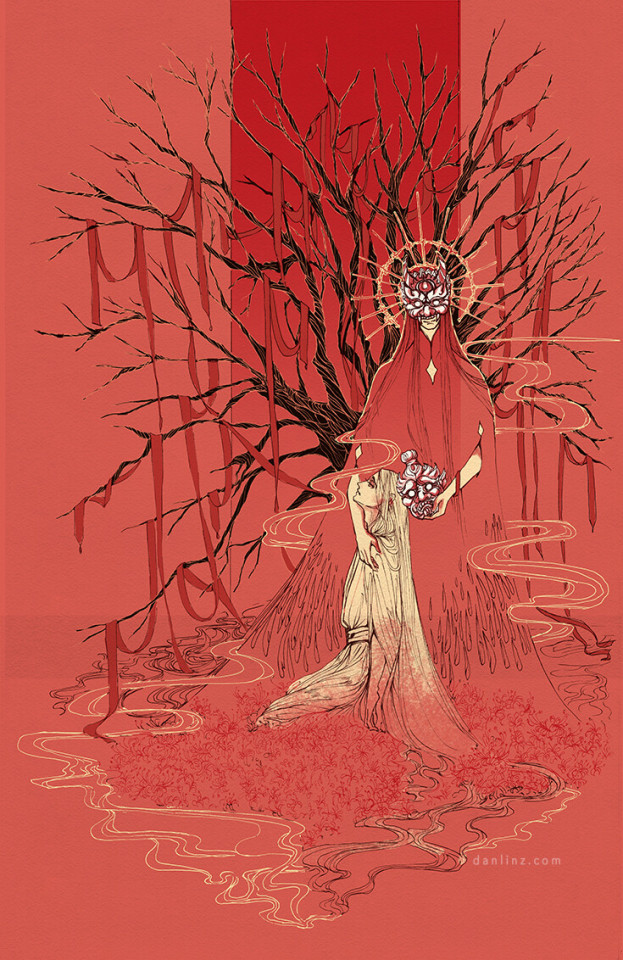
ORPHEUS AND EURYDICE by danlin zhang
4K notes
·
View notes
Text
Merlin would have loved saying he would have NEVER turned back if he was in Orpheus's place
Arthur would have loved saying he would have NEVER let Patroclus fight instead of him if he was in Achilles's place
#bbc merlin#merlin#merthur#arthur pendragon#greek mythology#orpheus and eurydice#achilles and patroclus#merlin emrys
1K notes
·
View notes
Text
I can’t stand that TikTok trend that’s like “just saw Hadestown and my boyfriend is walking the entire way back to the hotel without looking back at me to prove Orpheus was a chump” because not only do they not get the whole point of the Orpheus and Eurydice myth they also Were Not Paying Attention to the musical they just saw.
Hate people who see WSS as “just a Romeo and Juliet retelling”. Hate people who see Hadestown as “Just an Orpheus and Eurydice retelling”.
Hate people who watch a musical that takes a classic story everyone knows and uses it to explore/critique our modern society and only see it as a funky retelling.
Not Getting The Point of WSS is one thing because it’s more subtle and it can be really easy to just see it as a modern R&J, especially if you don’t really know R&J.
How the fuck do you watch Hadestown and see it as just an O&E retelling? It is one of the most heavy-handed political musicals out there how are so many people missing the point?
Orpheus has to fail. Not because that’s how the Greek myth ends but because that’s the whole point of the message of Hadestown.
Social reform is hard. Changing the world is one of the most challenging things you can try to do. So often we see people try to make a difference in society, to change some kind of injustice in the world. And so often we see those people fail. It can feel so impossible to actually do some good in this fucked up world because we see these people who are smarter and stronger and more qualified than us fail over and over again.
Why do we even keep trying?
Because we have to.
Because one day, someone will try and they’ll succeed.
One day Orpheus won’t turn around.
One day the people of Hadestown will get to see someone escape and they’ll know they can escape too. Only then does the world get to change.
So we have to try. We have to keep singing the sad song, no matter how many times Orpheus turns around, because one day he won’t.
In the Greek myth, Orpheus fails because he loves Eurydice.
In Hadestown, Orpheus fails because we fail.
We try and we fail to make a difference. We try and we fail to change the world for the better. We try to see the world for what it could be and it keeps letting us down.
But we don’t give up. We don’t stop singing.
Hadestown is genuinely one of the best musicals ever. Full stop. This musical is one of the reasons i wish I was smarter because I would love to be able to do an entire thesis on this show and all the themes and messages in it. Some of them are subtle. Some of them aren’t.
It is not just an Orpheus and Eurydice retelling. I am begging people to hear the real message.
Never stop trying to change the world.
One day we’ll make it out of Hadestown.
We just have to keep singing the song.
#i’m sure someone has already said this but i simply Must get my thoughts out into the world#listened to the soundrack on a whim at midnight and started Feeling Things#and now we’re here.#not every musical has a deep underlying message and i understand that the average person won’t always pick up on the ones that do#but how do you watch HADESTOWN and come away only thinking ‘orpheus should have just not turned around’#i am constantly furious about the lack of media literacy running rampant in our world#hadestown#orpheus#eurydice#orpheus and eurydice#greek mythology#musicals#Broadway#saframbles
1K notes
·
View notes
Note
Can I pretty pretty please have a drawing of Orpheus and Eurydice singing together?
here is an offering
🪶
thank you for the offering it was delicious

3K notes
·
View notes